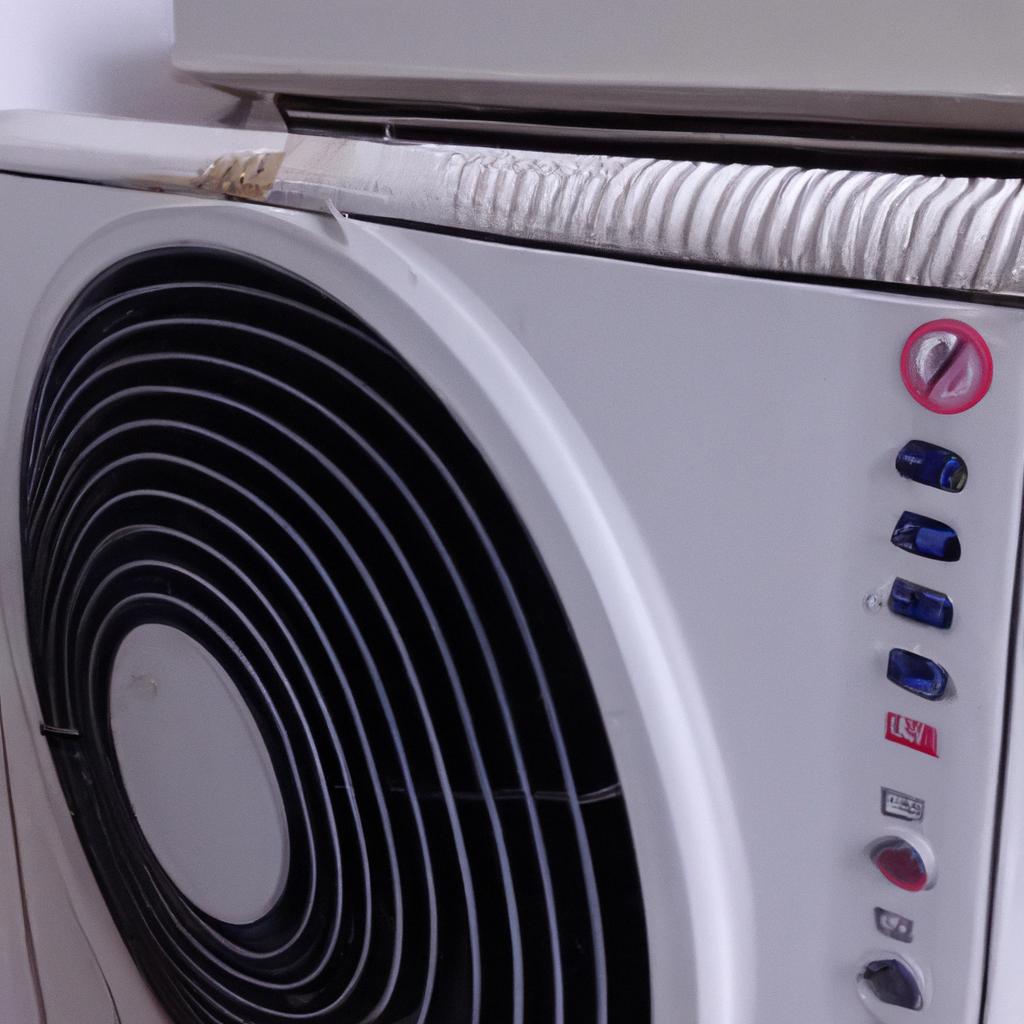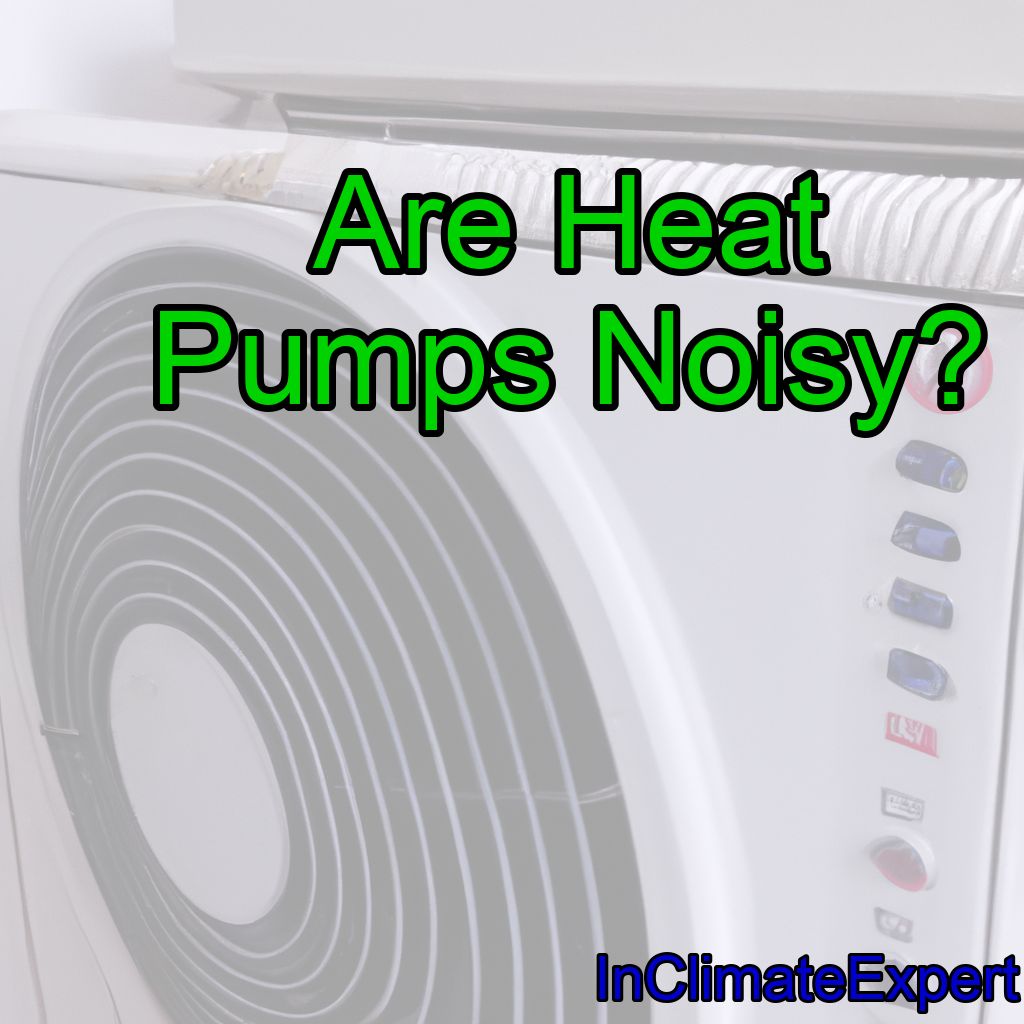Are you considering installing a heat pump in your home but worried about potential noise issues? You’re not alone.
Heat pumps can produce some noise during operation, but the level of noise depends on the quality of the unit, its installation, and maintenance. Generally, modern heat pumps are designed to operate quietly, with noise levels ranging from 40 to 60 decibels. To minimize noise, ensure proper installation, regular maintenance, and consider using noise-reducing features such as vibration dampeners and sound barriers.
Many homeowners have concerns about the noise levels of heat pumps, especially those who live in close proximity to their neighbors.
The good news is that modern heat pumps are designed to operate quietly, with noise levels comparable to other common household appliances like refrigerators or dishwashers.
However, there are still some factors that can impact the noise level of your heat pump, and it’s important to understand these before making a decision about whether a heat pump is right for your home.
In this article, we’ll explore the question ‘are heat pumps noisy?’ and provide you with all the information you need to make an informed decision about whether this type of heating and cooling system is right for you.
Types Of Heat Pumps
Heat pumps are becoming increasingly popular as a home heating and cooling solution. There are several types of heat pumps available on the market, each with its own unique features and benefits.

The most common type of heat pump is the air-source heat pump.
This system extracts heat from the outside air and transfers it inside to warm your home.
Another type is the ground-source or geothermal heat pump, which utilizes the stable temperature of the earth to provide heating and cooling.
Additionally, there are ductless mini-split systems that allow for individual room temperature control, making them a great option for homes without ductwork.
When considering which type of heat pump is best for your home, it’s important to take into account factors such as climate, energy efficiency, and installation costs.
Now let’s take a look at typical noise levels associated with different types of heat pumps.
Typical Noise Levels
As we’ve discussed, there are a few different types of heat pumps available on the market. But one common concern among homeowners considering installation is whether or not they will be noisy.
The truth is, some heat pumps can be quite loud while others are virtually silent.
The typical noise level of a heat pump depends on several factors, including the type of unit, its location, and how well it has been maintained.
For example, air-source heat pumps tend to be louder than ground-source models because they require an outdoor unit with a fan to move air across the refrigerant coils. Similarly, a poorly-maintained unit may make more noise than one that has been regularly serviced and cleaned.
In the next section, we’ll explore these and other factors in more detail to help you understand what affects heat pump noise levels.
Factors Affecting Noise Levels
Did you know that the noise level of a heat pump can vary depending on several factors?
The sound produced by a heat pump can be influenced by its size, location, and age.
The size of the heat pump can play a role in noise levels because larger units tend to be louder than smaller ones.
Additionally, if the unit is located near bedrooms or living spaces, it may seem louder than if it were located further away.
Finally, older heat pumps may produce more noise than newer models due to wear and tear on internal components.
To minimize noise from your heat pump, there are several things you can do.
Stay tuned for the next section where we will discuss how to reduce noise levels and enjoy more peaceful surroundings.
How To Minimize Noise
If you’re considering installing a heat pump in your home, one of the questions you may have is whether or not it’s going to be noisy. The good news is that there are ways to minimize noise and make your heat pump as quiet as possible.
Firstly, make sure your unit is installed correctly. A professional installer will ensure that the unit is placed in an appropriate location and mounted securely.
Secondly, consider adding acoustic insulation to the unit and surrounding walls to reduce sound transmission.
Lastly, choose a model with a lower decibel rating for quieter operation. By following these tips, you can enjoy the benefits of a heat pump without any unwanted noise disruptions in your home.
To further minimize noise, regular maintenance of your heat pump is essential. Clean or replace air filters regularly to ensure proper airflow and prevent strain on the system which can cause unnecessary noise.
Additionally, schedule annual inspections with a licensed technician who can identify any potential issues before they become bigger problems that could result in increased noise levels.
By taking these steps, you can keep your heat pump operating at optimal performance while minimizing any unwelcome noises it may produce. Remember that proper installation, acoustic insulation, low decibel ratings, regular maintenance and inspections are key factors in reducing the impact of any potential noise caused by your heat pump.
Conclusion
In conclusion, heat pumps can be noisy, but it depends on the type of heat pump and various other factors.
As mentioned earlier, there are three types of heat pumps: air source, water source, and ground source.
Air source heat pumps are generally noisier than water or ground source heat pumps due to the use of outdoor fans.
Noise levels for heat pumps typically range from 55-75 decibels, which is equivalent to a moderate to loud conversation.
However, factors such as installation location and maintenance can affect noise levels.
For example, if a heat pump is installed too close to a neighboring property or if it has not been properly maintained, it may produce more noise than usual.
To minimize noise from a heat pump, consider locating it away from neighbors or installing sound barriers around the unit.
Additionally, regularly maintaining the unit by cleaning filters and ensuring proper lubrication can reduce noise levels over time.
Overall, while some noise may be expected with a heat pump, there are ways to minimize it and ensure that your heating and cooling system operates quietly and efficiently.




